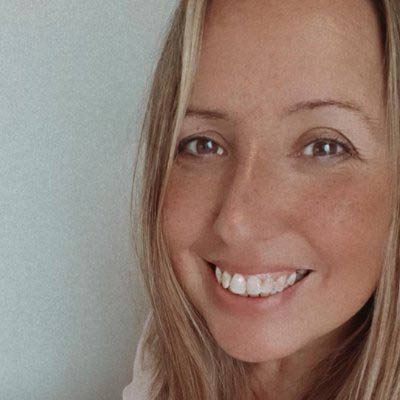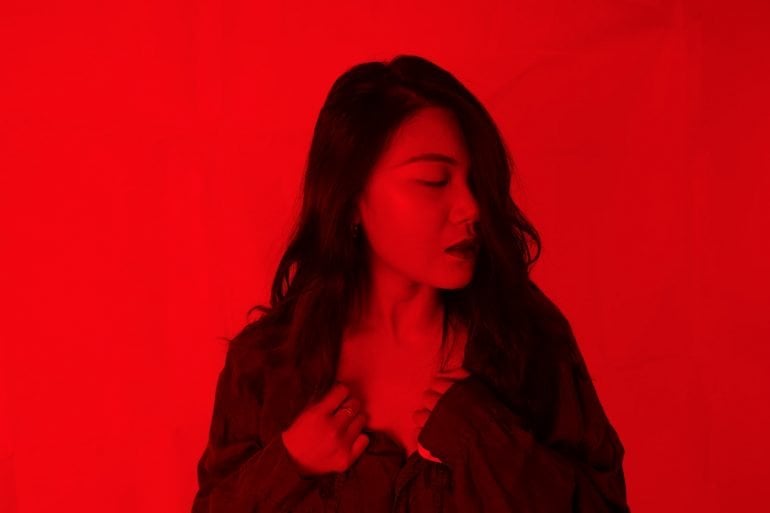This article has been medically reviewed by Anthony Fanucci, Pharm.D.
Can CBD help with anxiety? As of this writing, CBD isn’t yet recognized by the U.S. Food and Drug Administration (FDA) as a treatment for anxiety. But that doesn’t mean it doesn’t have benefits.
Early research is promising and several studies point to potential benefits; many of which users have been shouting from the rooftops (or whispering because it was once mostly illegal) for years.
How CBD works on anxiety
CBD appears to interact with receptors in the brain that regulate anxiety and fear. Exactly how they affect these receptors still isn’t fully understood. But one theory is that it and may alter serotonin signals.
Serotonin is a neurotransmitter that influences mood and not having enough of it can increase your risk for anxiety and depression.
What the research says about CBD for anxiety
There’s been quite a bit of research done on CBD as a treatment for anxiety. But there’s also plenty of anecdotal evidence on its benefits.
Much of the preclinical evidence available so far points to CBD likely being an effective treatment. Some preclinical research has shown that CBD may help with different types of anxiety disorders, including:
- generalized anxiety disorder (GAD)
- social anxiety disorder
- panic disorder
- post-traumatic stress disorder (PTSD)
- obsessive-compulsive disorder (OCD)
A study published in 2020 looked at the effects of CBD in 397 participants with various ailments. Their issues ranged from pain and cancer symptoms, to neurological and mental health symptoms, including anxiety.
Those participants with anxiety and depression – which often go hand-in-hand – reported reduced symptoms and improved ability to perform daily functions.
Also Read: These are the three biggest misconceptions about CBD.
The Journal of the American Pharmacists Association (JAPhA) reviewed several small studies on CBD as a treatment for anxiety disorders. The studies consistently demonstrated an improvement in anxiety disorders when CBD is used on its own or with complementary therapy.
A study published in 2019 also found that CBD improved sleep and other anxiety-related symptoms during the first month in most of the study’s participants.
How to use CBD for anxiety
If you’re struggling with anxiety, it’s important to reach out to a healthcare professional for help. While CBD may be beneficial, your healthcare provider can recommend other complementary therapies based on your specific needs.
Now, let’s talk about dosing.
CBD products are still relatively new so the best dose for anxiety is yet to be determined. The dosing in many studies performed so far has ranged from 6 mg to 600 mg.
There are also a bunch of factors that determine how CBD will affect you. This includes things like:
- your body weight and composition
- your overall state of health
- the type of anxiety
- the concentration of CBD in a product
- how you use CBD
The general rule of thumb when it comes to using CBD safely is to start with the lowest dose. Then gradually work your way up.
Things to keep in mind when using CBD
If you’re going to give CBD a try, there are some things to keep in mind. We want to make sure you get the most benefit from the product. But we also want to reduce your risk of unwanted side effects.
Also Read: Want CBD without the THC? Here are the Seven Best Pure CBD Oil products
Doses vary between products
Dosages can vary significantly between products. So a standard dose in one type of product won’t always be the same in another.
CBD gummies, for instance, usually contain around 5 mg per gummy. While a drop of CBD oil and tincture usually contains just 1 mg. But make sure you check the label each and every time. Always make sure you use high quality CBD.
The way you take CBD determines how fast it kicks in
How quickly CBD takes effect depends on the method of administration. This can range from a few minutes to a couple of hours.
Vaping or smoking kicks in fastest, followed by sublingual administration (under the tongue). Taking CBD orally – like edibles, capsules, and oil – can take from 30 minutes to several hours to take effect. It all depends on factors such as the dose and whether or not you’ve eaten.
Here’s a general rundown of how long CBD takes to kick in by method:
- Vape products: 15 to 30 minutes
- Tinctures and sublingual sprays: 15 to 45 minutes
- Topicals: 45 to 60 minutes
- Edibles 30 minutes to 2 hours
You need to give it time to work
For the best results – and to be safe – you need to give CBD ample time to work before you consider re-dosing or increasing your dose.
Along with giving it time to kick in, you should stick with a dose for at least one week before upping it.
CBD is generally well tolerated, but taking too much could cause some unpleasant side effects, like diarrhea, nausea, and fatigue. Speak with your doctor before starting or increasing your CBD dose.
CBD can interact with certain medications
Again, CBD has been shown to be safe for most when used as recommended. But it’s important to speak with your doctor or pharmacist first if you take other medications or supplements.
Some drugs and supplements can alter the way your body metabolizes what you take. This can interfere with how one or all of them work.
Depending on how a drug affects the rate of metabolism, you could end up with too much or too little. This can prevent them from working the way they should or lead to unwanted side effects.
In conclusion
More research is needed, but CBD appears to have promising benefits for those suffering from anxiety. Though it may take a little trial and error to find the form and dose that works best for you.
Start low, go slow, and don’t rule out proven complementary therapies for anxiety. If anxiety is a major issue, consider additional therapies like relaxation techniques, psychotherapy, support groups, and medication.
Finally, CBD is not an FDA-approved product for anxiety treatment. Speak with your doctor before beginning any CBD regiment.
This article has been medically reviewed by Anthony Fanucci, Pharm.D.

Adrienne Santos-Longhurst is a freelance health and lifestyle writer that has written for Healthline, Medical News Today and Verily Magazine just to name a few.





